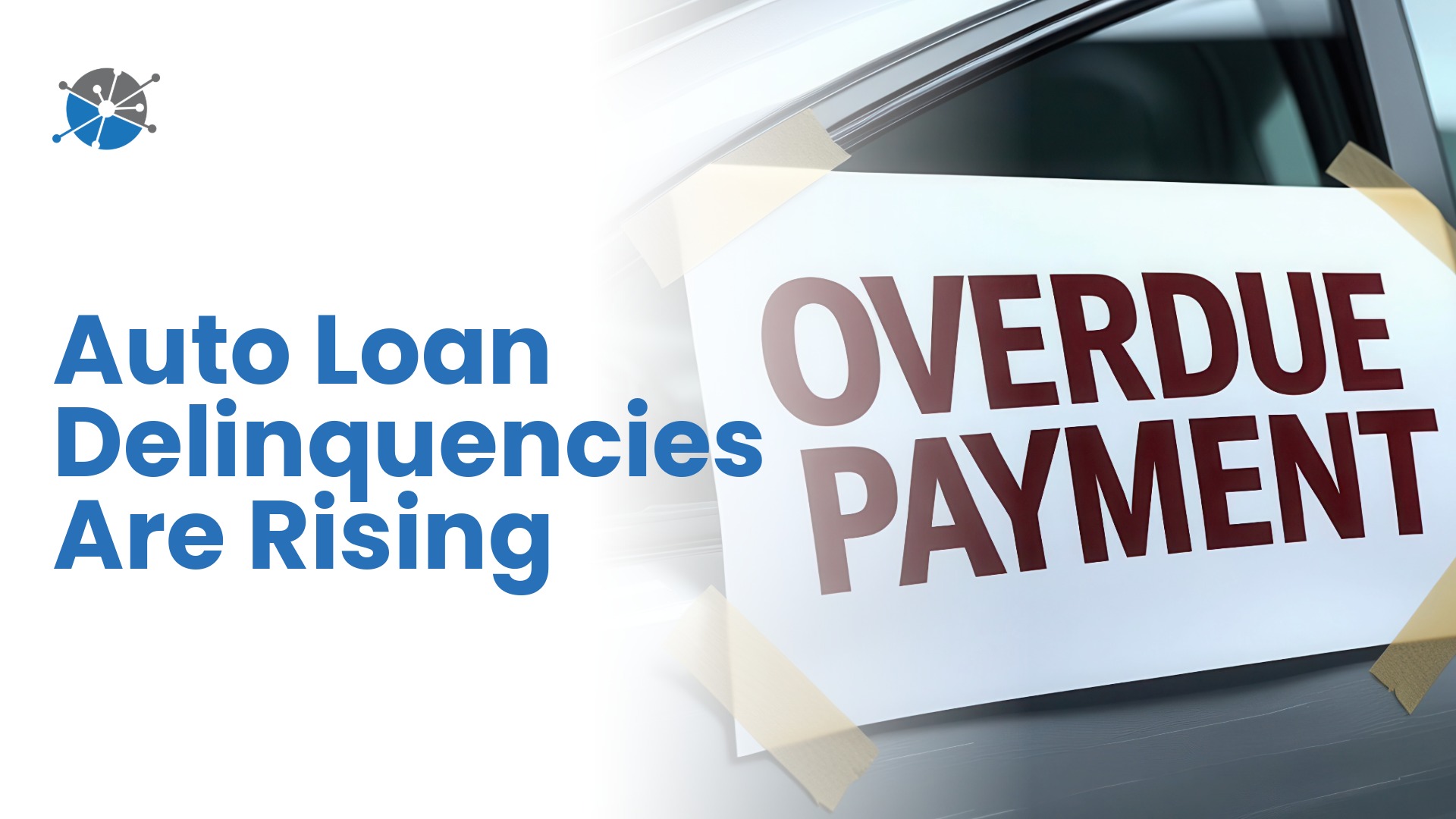
Rising Auto Loan Delinquencies Highlight Consumer Financial Strain
The American auto loan market is showing clear signs of distress as delinquencies continue to climb in 2025, raising concerns across both consumer advocacy circles and the receivables industry. More borrowers are falling behind on their car payments—an indicator that the pressure of high interest rates, elevated vehicle prices, and broader inflation is reaching unsustainable levels for many households.
At the heart of the issue is the growing imbalance between loan obligations and household income. Consumers now carry more than $1.66 trillion in auto loan debt, and as the cost of new and used vehicles remains historically high, many buyers are committing to longer loan terms and larger monthly payments than ever before. While delinquency has traditionally been more concentrated among subprime borrowers, recent data shows a troubling shift: even consumers with above-average credit scores are now defaulting at higher rates than seen before the pandemic. Young adults, in particular, are falling into severe delinquency (90+ days past due) at increasing rates, reflecting how difficult it has become for younger generations to absorb the costs of car ownership.
The spike in auto loan defaults has also driven repossession rates to their highest point since the 2009 financial crisis. This surge not only reflects financial hardship but presents new operational realities for lenders, servicers, and debt buyers who are working to navigate a more volatile consumer landscape.
For the receivables management industry, the implications are significant. More delinquencies mean a growing volume of accounts entering collections, but the complexity of those accounts is also increasing. Consumers aren’t just falling behind—they’re facing multifaceted financial struggles that require a thoughtful, compliant, and empathetic approach.
Mellisa Massey, Director of Business Development at National Credit Adjusters, LLC, emphasized the importance of meeting this moment with responsibility and care.
“These rising auto loan delinquencies are a clear signal that many borrowers are being squeezed by the combined weight of higher car prices, interest rates, and everyday living costs,” Massey said. “For the receivables industry, it’s a moment to embrace our responsibility: we must maintain awareness surrounding consumer hardships and ensure that compassion guides recovery efforts. Even as the volume of challenging accounts increases, we must continue to balance fair treatment with effective recovery. ”
As economic pressure continues to build for millions of Americans, the role of debt collectors, servicers, and debt buyers becomes increasingly vital—not just in supporting recovery, but in shaping a more compassionate and consumer-focused future for the industry.





